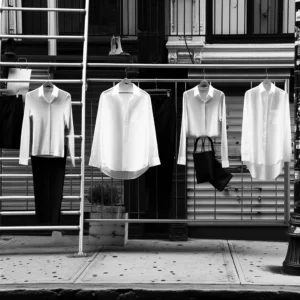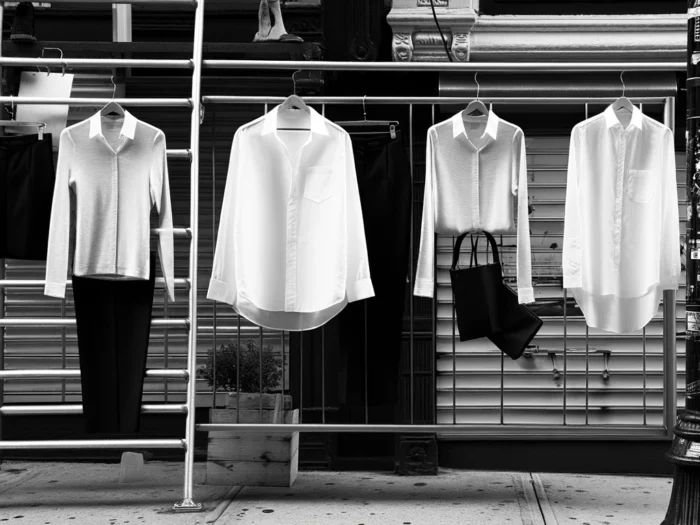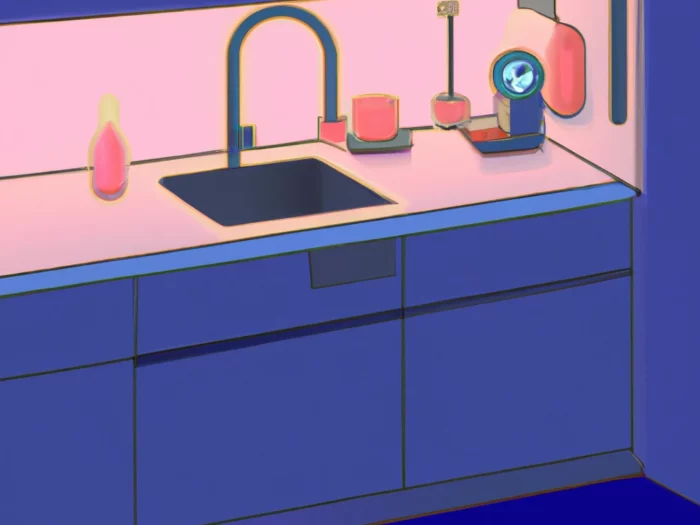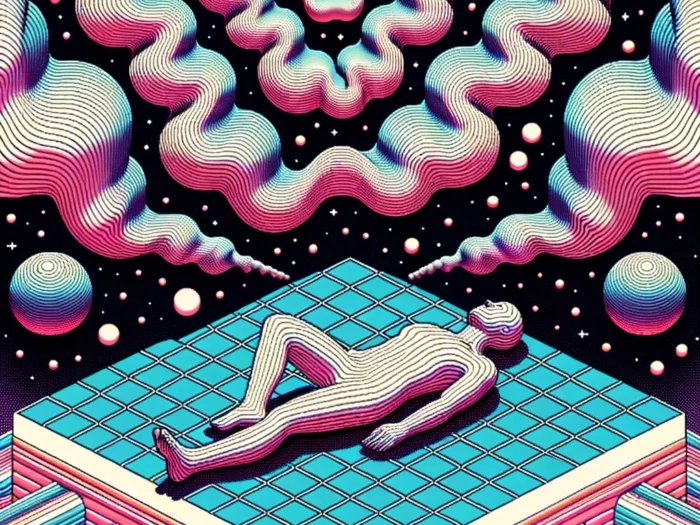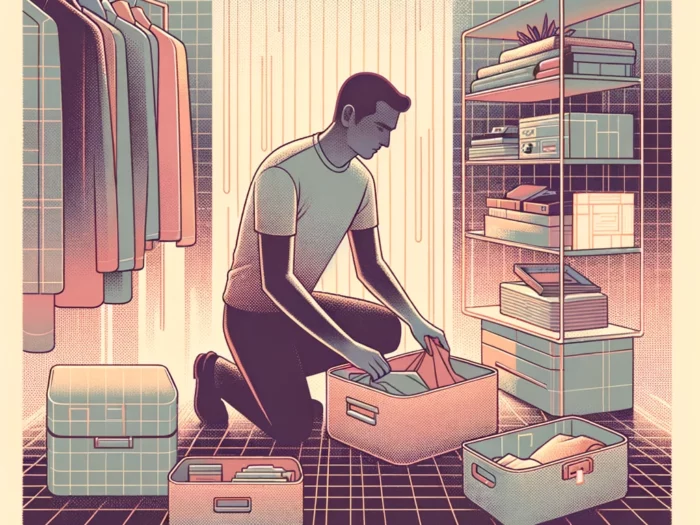
I know we’re not all dealt the same cards. And I understand that there are a lot of roadblocks on the path to success. But as long as we operate from an external locus of control, we’ll continue to falter. We need to start taking responsibility for our own journey. That means we need to move from an external, to an internal locus of control.
You’ve probably seen the documentaries about baby turtles. Out of the thousands that are hatched, only a small percentage survive and reach the ocean. It’s a tough life.
I don’t want to sound crass, but it’s the same for us humans. Out of the billions of human beings on this Earth, many will struggle to survive. I understand that the situation is more dire in some places than others.
But for most of us in America, we have the ability to thrive. We might never become the the richest financially, but true success is about living the life we want to live. And it starts with taking responsibility.
Moving From External To Internal Locus Of Control
Success begins with your attitude. If you believe that you can’t do something, you probably won’t. If you believe that forces beyond your control will dictate your ability to succeed, they probably will. It’s that simple.
An external locus of control is when we blame outside forces for our failures. But as long as we have a defeatist attitude, we will continue to fail. The key is to develop an internal locus of control.
If you’re a minimalist, you’ve already started. You’ve learned to not let outside forces (your stuff) control who you are and how you live. That’s great. But for many of us, we still have work to do. Let’s look at why we blame things on outside forces and how we can start taking responsibility.
Reasons For External Locus Of Control
- Mass media: Just watch the news and you’ll learn that the world is out to get you. The mass media can paint a negative view of the world. That makes it easy to feel like we have no control.
- Social media: If you’re active on social media, you’ll see plenty of posts from unhappy and negative individuals. This might trick you into believing that your destiny is hopeless.
- Social pressure: Friends and family members may contribute to our lack of confidence. People often make unintentional comments about something that we struggle with. It’s easy to begin to blame outside forces to try to save face.
- Previous failures: Most people treat failure as a negative. When we fail we hesitate to try again. And we begin to blame the situation or other people for those failures.
- Childhood trauma: I was a victim of a cult. I struggled with PTSD for years. That trauma left me believing that being poor and living in fear was my destiny. I blamed that childhood experience for many of my own failures in life.
- Social status: Just because our parents were poor doesn’t mean we are doomed to live in poverty. Just because we were born a certain gender or race doesn’t make us automatically unable to begin taking responsibility.
Changing The Movie In Our Head
Everything we’ve experienced in life has created a movie in our head. Sometimes, that movie is one in which we are the victim. We might feel like everything and everyone else is out to get us. But there is a way to move toward an internal locus of control.
- Awareness: Becoming aware of our tendencies to blame outside forces is the first step in making change. Once you admit that you sometimes play the role of the victim, you can begin to replace that role with something more positive.
- Redefining failure: It’s easy to blame our failures on others if we believe failure is an end-all event. But if we redefine failure, we don’t have to blame other forces. Failure is simply the learning curve on the road to success. When we start taking responsibility for our failures and continually try again, we start playing the role of the champion.
- Create a new movie: Now that we’ve redefined failure, we can create a new movie. In this movie, we tackle outside forces instead of fearing them. We focus on solutions rather than problems. We become the hero, not the victim.
- Consciousness: As we replay our new movie, we begin to let it soak into our consciousness. In time, we begin to choose an internal locus of control as our default. But we also must be aware and ready for continuing opposition to our new consciousness.
Taking Responsibility Is Not Always Easy
Now that you’ve discovered how to move from an external locus of control to an internal locus of control, you can get started. But don’t be surprised if you slip backward.
If you’ve had a defeatist attitude for a long period of time, it’s been your norm. Changing your default setting takes time. Each time you feel the old you sneaking back in, you need to reboot. You might have to start over every day. That’s okay, in time you’ll begin to make forward strides.
If you’d like to read more posts like this one, I encourage you to visit my original blog at www.danerickson.net.





